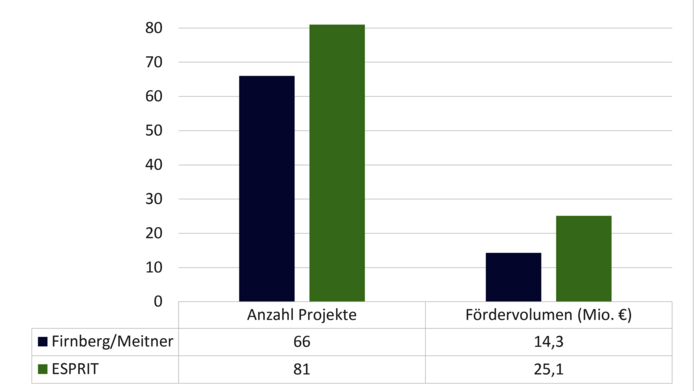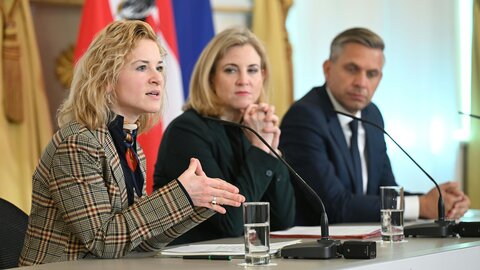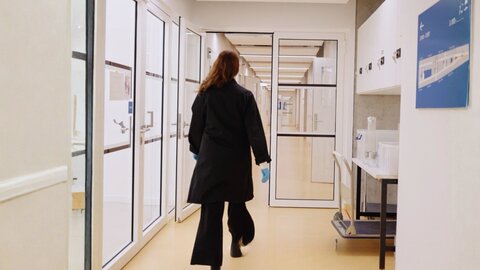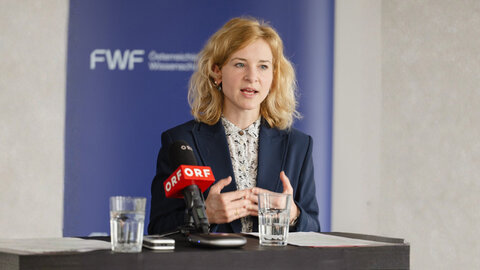Due to their transparent and non-biased awarding procedure and their highly competitive nature, the FWF’s career development programs have been held up as a benchmark both for outstanding quality and also as a driver behind successful research careers for many years. Competitively awarded third-party funding plays a decisive role in career development, especially for postdocs.
The guiding principle behind the reform of the FWF’s career programs was to make funding equally accessible to all postdocs, regardless of their academic background, and to eliminate previous programs’ differentiation into various target groups (e.g. incoming researchers, researchers re-entering the workforce, women) or objectives (brain gain, re-entry, group development, post-doctoral qualification), which resulted in varying reputation levels for these programs.
With the planned two-stage funding program, the FWF is applying these principles and aims to attract the best talents to Austria’s research institutions and give them long-term prospects here. The advancement of women remains a key objective.
The FWF initiated this reform in 2021 with the introduction of ESPRIT as the successor to the Hertha Firnberg and Lise Meitner programs. When the Hertha Firnberg program, which was open only to women, was discontinued, many were afraid of losing women as applicants, as they felt they would not feel addressed by a program open to all. In response, the FWF implemented several measures aimed specifically at the advancement of women: Not only are half of the funds to be awarded reserved for women, the approval rate for women should also not be lower than for men. The rule that applications from women are to be given priority if the applicants have the same qualifications and the projects are of the same quality is working as intended. ESPRIT funding shows a positive trend and the promises made when the program was launched have been kept: More women have been granted higher levels of funding in the ESPRIT early-stage program than in the Firnberg and Meitner programs in previous years. The numbers in detail: The FWF decided on 520 ESPRIT applications in 2022 and 2023 with an average overall approval rate of 30%; the rate was approx. 35% for applications with women as principal investigators, while the approval rate for men was approx. 26%. If we compare the number and funding levels of ESPRIT principal investigators with the last two years of the Firnberg and Meitner programs (2019/2020), we can draw the following conclusions: Compared to a total of 66 projects by women who would have been in the ESPRIT target group (5 years after doctorate) funded through the Meitner and Firnberg programs with a funding volume of approx. €14.3 million, a total of 81 women were funded in the ESPRIT program in two years with a funding volume of €25.1 million.








